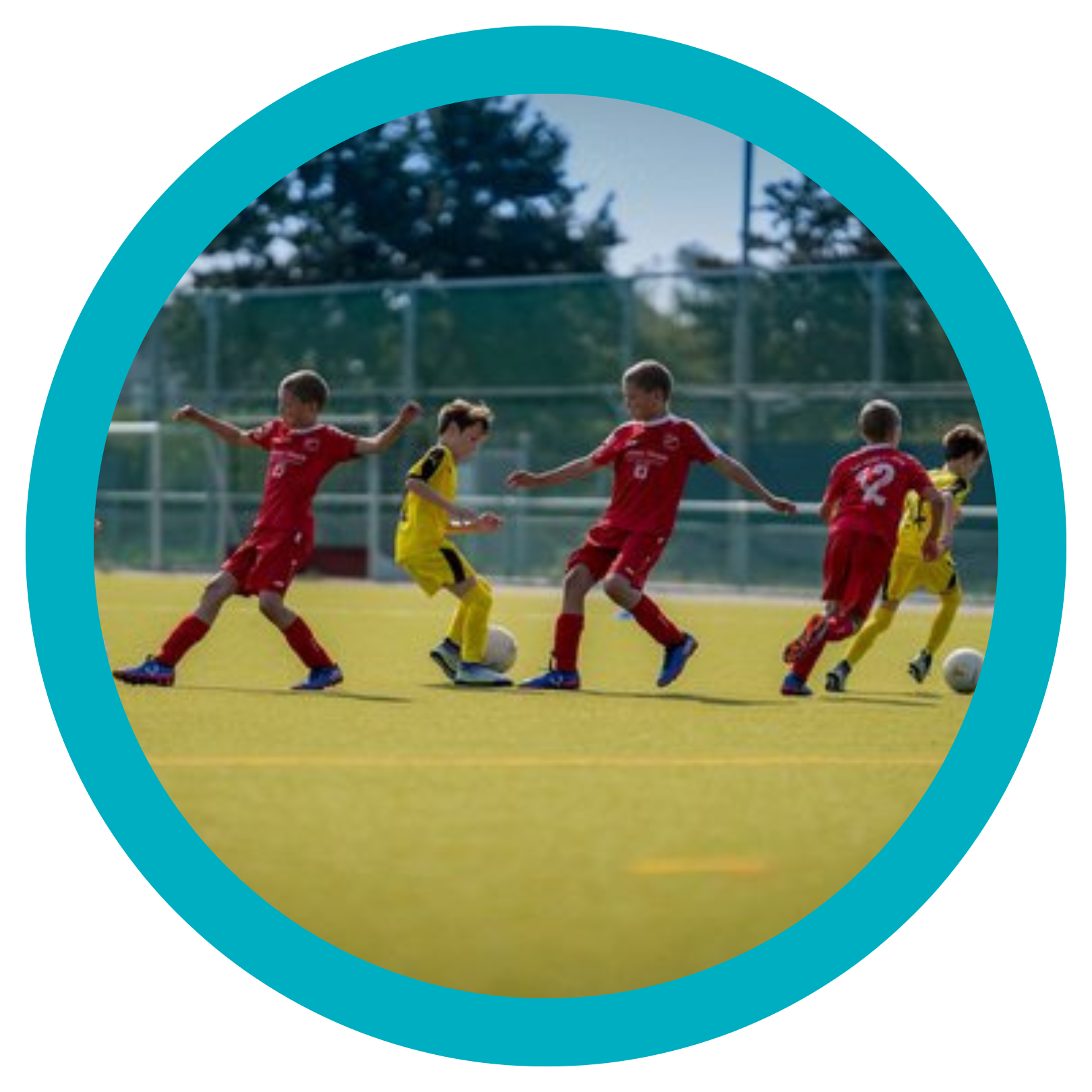Our nine-month project builds upon pre-existing work carried out by UNICEF in Ukraine in 2021-22 to use machine learning techniques to follow online mental health and well-being discourse among young people and adolescents. Our aim in this project is to take a more participatory approach with adolescents and young people.
Read MorePhase 2 of… Half of the world’s population has no regular access to the Internet. Millions of children leave school without any digital skills, making it much more difficult for them to thrive and contribute to local and global economies. The goal of the project is to understand whether a machine learning model can inform, in part, the need, cost and difficulty of connecting such schools to the internet via radio links.
Read MoreHalf of the world’s population has no regular access to the Internet. Millions of children leave school without any digital skills, making it much more difficult for them to thrive and contribute to local and global economies. The goal of the project is to understand whether a machine learning model can inform, in part, the need, cost and difficulty of connecting such schools to the internet via radio links.
Read MoreImmunisation is widely perceived as gender-neutral, yet in many countries, there are distinct gender barriers at both household and community levels. This project aims to strengthen the availability of timely and granular data to identify gender-related barriers to immunisation better and inform targeted pro-equity strategies.
Read MoreThe SEASNUT project is examining if it is possible to use secondary data (other existing) to account for fluctuations in wasting measurement where it has not been previously able to be accounted for.
Read MoreCOVID-19 has impacted many aspects of children’s lives across Scotland and had detrimental effects on their health and well-being. Recreational sport has long been understood as a crucial mechanism for improved health and well-being and positively impacting social cohesion, education, and the economy.
Read MoreThe climate crisis is leading to another crisis altogether – a child’s rights crisis. Not only must UNICEF continue to focus their efforts today on building a better world for every child, every day, everywhere, but they must also look to mitigate against threats in the future that compromise any progress made so far.
Read MoreScotland must #KeepThePromise it made to children and families - a cohesive picture of all the data on processes and systems that directly and indirectly impact children and families will help Scotland understand how to do that.
Read MoreAs the world battles the COVID-19 pandemic, an epidemic of misinformation has been circulating through different communication channels and communities. The objectives of our project are to increase UNICEF’s ability to identify and track rumours and myths around COVID-19 through the U-Report Chatbot, and to develop more sophisticated tools for responding to and debunking rumours.
Read MoreAll countries are facing the challenges of climate change and a degrading natural environment. Some countries, and children within those countries, are more at risk of the impacts of climate change than others. Moreover, some countries have in place mechanisms that make them more resilient and ready to address the negative effects of climate change.
Read MoreApproximately half of all poor mental health conditions manifest by early adolescence, and available evidence suggests that around 10 to 20 percent of children and adolescents experience one of these conditions. However, serious data gaps remain around the magnitude of the problem, and what countries can do about it.
Read MoreThe aim of this project, with national partners and their universities in Brazil, China, Colombia, Côte d Ivoire, Jordan and Uganda, is to map the data landscape on violence against children.
Read MoreThe places where our children and young people grow up in are extremely diverse and can greatly influence the outcomes of children and families across Scotland.
Read MoreEstimates of population density are a valuable data source for policymakers, for example, in the context of developing a vaccination programme. However, census data is not collected frequently enough to be sufficient for such applications. This means that many census based population estimates do not account for rapid population change and may also lack precision in rural areas.
This research will provide vital national data directly from pupils, to assess impacts on mental health and education. It will contextualise pupils’ experience within data on COVID-19 prevalence, health patterns and trends and against educational achievement outcomes data, to inform interventions and policy making.
Read MoreThe aim of this project is to conduct a desk-based exercise that maps the sources of information (data) - and details about those sources - that are seen to relate to understanding more about the socioeconomic impacts of COVID19 for and on children, and by extension how to tackle them.
Read MoreCountries in emerging economies generally do not have reliable civil/health records, nor periodic, extensive or updated population and housing censuses. This can mean millions of children are left out and forgotten - unable to access the healthcare, education and protection they require. We want to make these invisible children visible.
Read MoreThis project will focus on mapping children’s physical accessibility to key services, such as health clinics and schools, in selected countries. We want to know whether the distance and time it takes to travel to a key service could help explain a child’s lack of access to it.
Read MoreThis data challenge will address these issues by using innovative mapping techniques to prioritise geographical areas for programming. By using advanced data science techniques to combine data sources, we hope to provide a model that can help UNICEF reach the children and adolescents that most need their help.
Read MoreWe want to understand what children are eating and what influences these decisions. We will do this initially in the context of Scotland, but with scalability to have a global impact.
Read More



















